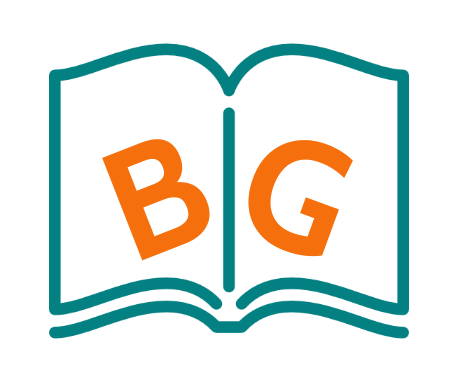Did you know that reading is much more than a pastime? For children, it’s a magical tool that opens doors to a world of possibilities, discoveries, and growth. While it may seem like a simple habit, reading profoundly impacts a child’s cognitive, emotional, and social development. Here’s why you should encourage your child to read from an early age.



1. Cognitive Development: The Brain in Full Growth
A child’s first years are crucial for brain development. Reading promotes greater neural connectivity and enhances fundamental cognitive skills. From word recognition to understanding more complex texts, reading helps children develop critical thinking, problem-solving, and logical comprehension skills.
Neuroscience supports this claim. According to a study from the University of California, children who read regularly show a significant increase in brain activity, which boosts vocabulary, memory, and concentration. In essence, reading is a mental exercise that forms the foundation of their future education.
2. Building a Rich Vocabulary Base
A child’s vocabulary expands exponentially when they are exposed to books, stories, and tales. Each page presents new words, expressions, and contexts that broaden their communication skills. The more they read, the more words they will learn, enabling them to express themselves better and comprehend things more deeply.
Children who read have a richer vocabulary and are more likely to succeed academically, as they have a solid foundation to approach various subjects. Reading not only gives them words but also ideas, concepts, and a deeper understanding of the world around them.
3. Development of Imagination and Creativity
When children read, they are transported to fantastic worlds, distant places, and exciting adventures. This exposure to different settings stimulates their imagination and creativity, allowing them to think beyond what they know. Furthermore, reading teaches them to visualize and create mental images, fostering abstract thinking and creative problem-solving.
Children who read are more likely to have a broader perspective of the world and develop innovative ideas, which will serve them throughout their lives. Reading, therefore, not only nourishes the mind but also unlocks the creative potential within each child.
4. Improvement of Empathy and Social Skills
Reading about characters with different lives, cultures, and contexts allows children to develop empathy, better understanding the emotions, desires, and fears of others. By living through the experiences of characters in books, children learn to put themselves in other people’s shoes and grasp their feelings.
This emotional development is essential for social relationships. Children who read are more likely to be compassionate and build meaningful connections with others. Reading, then, is a gateway to greater understanding of people and the world.
5. Enhancement of Focus and Discipline
Reading also teaches children to focus. As they read, they must pay attention to details, follow a plot, and remember characters and events. This exercise in concentration is key to developing sustained attention skills, which translates to better academic performance.
Additionally, children learn patience and discipline when reading a book from start to finish. Consistency and perseverance are traits cultivated through reading, and these qualities will accompany them throughout life.
6. Encouragement of Autonomy and a Love for Learning
The habit of reading not only helps children learn more but also teaches them to learn on their own. When a child has access to interesting books, they can explore subjects that excite them independently. This promotes autonomy and a desire to keep learning.
A child who enjoys reading becomes a lifelong learner, always seeking new knowledge. Encouraging this habit from an early age ensures that your child will develop a positive attitude toward learning throughout their life.
7. Strengthening Family Bonds Through Reading
Finally, reading is not only beneficial for the child but also for the family. Reading together strengthens family bonds and creates special moments of connection. Parents who read with their children not only pass on knowledge but also love, security, and a sense of belonging. This family connection is vital for a child’s emotional well-being.
In summary the Reading is undoubtedly one of the most powerful tools for a child’s overall development. It provides the cognitive, emotional, and social foundations necessary for facing future challenges. So, if you want your child to grow up healthy, intelligent, and empathetic, don’t underestimate the power of a good book.
Reading is a gift that opens doors, expands horizons, and fosters a life full of possibilities. Start today by sharing stories and creating literary memories with your child. The journey begins on the first page!
